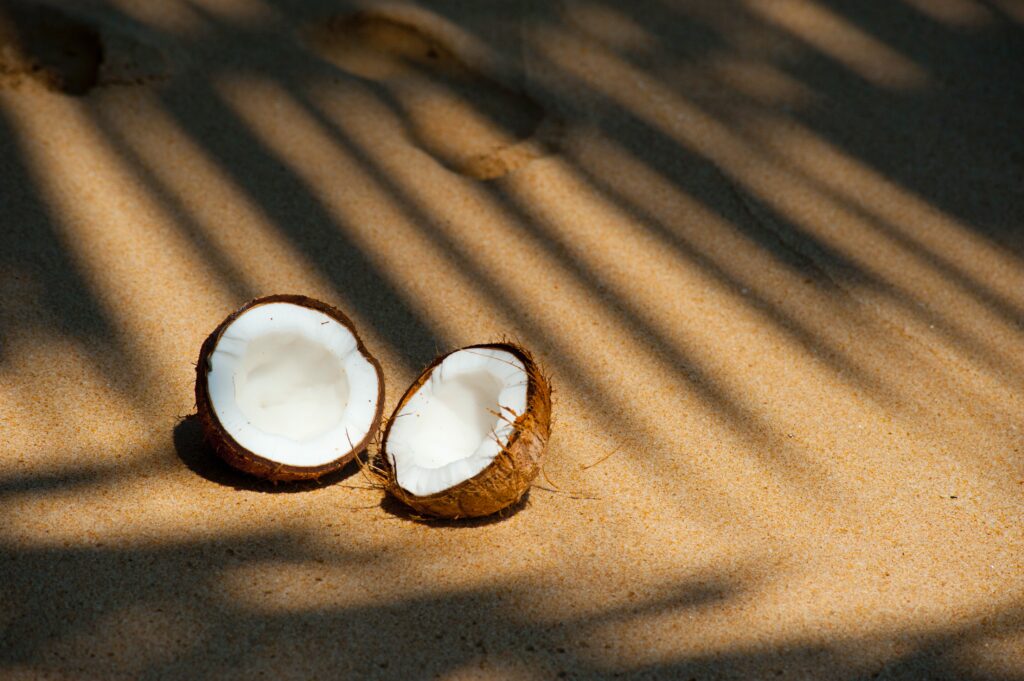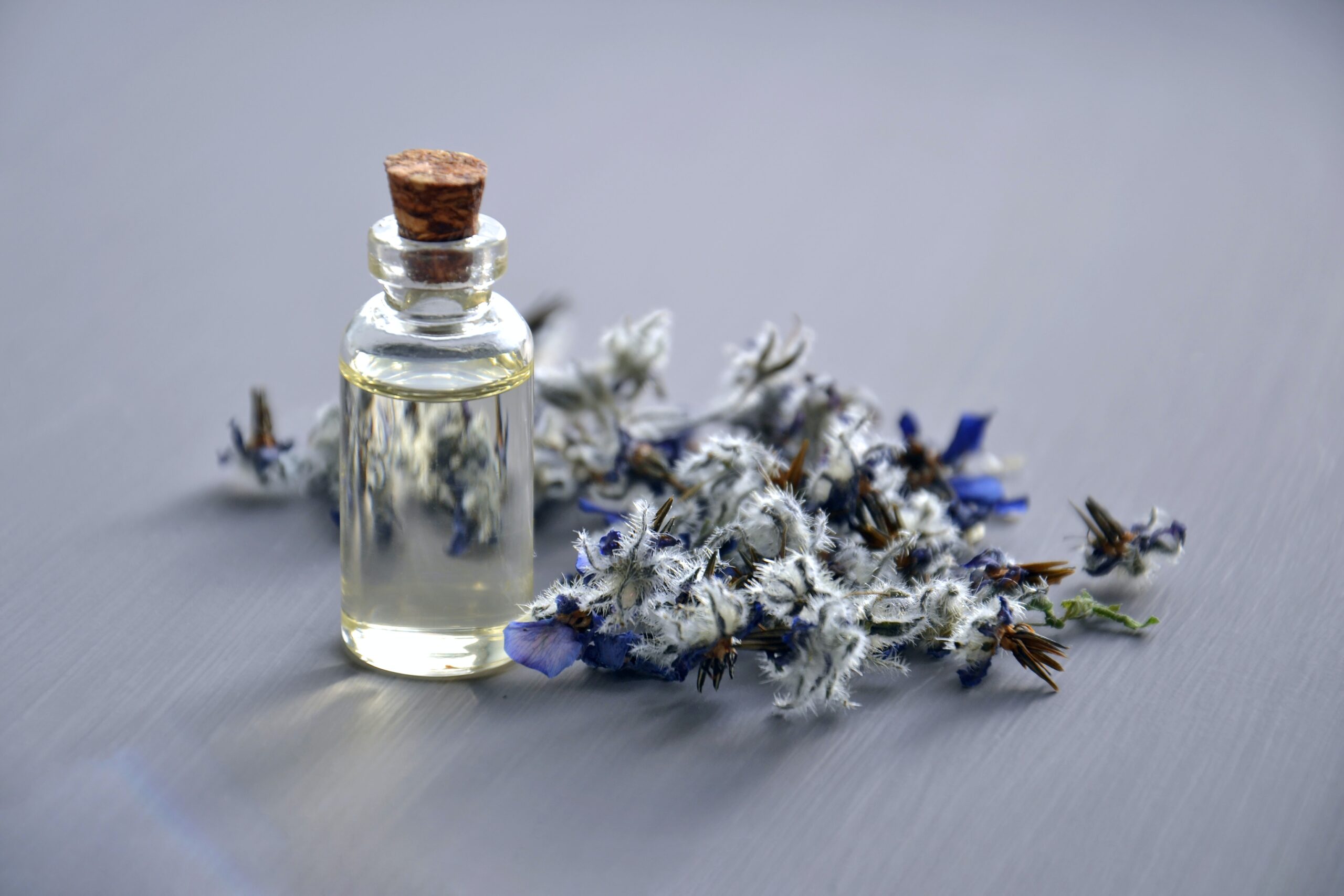The health benefits of Virgin Coconut oil have gained immense popularity in recent years across the globe due to its uncountable benefits. Traditionally, coconut oil is produced from the kernel of mature coconuts and is renowned for its innumerable health benefits.
Many studies have proven that coconut oil is one of the healthiest foods. In fact, coconut oil has many health benefits that go beyond what people expect and is a true superfood.
What is virgin coconut oil?
Virgin coconut oil can prepare from the fresh meat of a mature coconut and coconut milk, which is the purest form. Virgin coconut oil extraction technique may/may not require heating. However, it no longer contains any chemical processing that helps to hold the herbal qualities of the oil. It is known as the mom of all oils as it is a treasure trove of nutrients, minerals, and antioxidants that imparts good fitness.
Virgin coconut oil may also appear just like ordinary coconut oil. They share a comparable fatty acid content, but virgin coconut oil contains a lot higher quantities of vitamin E and bioactive compounds like polyphenols.
How To Make Virgin Oil?
The primary difference between ordinary and virgin coconut oil lies within the making and extraction. Virgin coconut oil is obtained by extracting coconut milk from fresh coconuts. Then, it undergoes numerous methods like fermentation, churning (centrifugal separation), and refrigeration. And then the enzyme actions after this oil is parted from moisture.
The raw materials and process of extraction of virgin oil do not permit any usage of heat. So, it is effective to take severe care at the same time as choosing the kernel. At some stages, the raw aspect of coconut milk does not expose to heat or daylight. Sometimes, the oil can be directly made via cold compression of fresh coconut called micro expelling.
Virgin coconut oil can obtain through the cold compression technique is taken into consideration far better than that extracted through the fermentation method. As the oil acquired by fermentation has excessive moisture content and might get spoiled quicker. During the winter season in case you need to melt the oil, take oil in a small glass and place the glass in warm water, never melt it at once on the heat.
It is commonly known as the healthiest edible oil. The coconut tree in recent times is understood to be the ‘lifeline of health’ because of its all-around advantages and its rich uses. However, let’s speak of a more thoughtful version of coconut oil, virgin coconut oil. Virgin oil can extract without delay from the clean and fresh milk of the coconut. It is not always a refined version like ordinary coconut oil. furthermore, it also includes greater antioxidants than everyday coconut oil. So, here we’ve to talk about a few virgin coconut oil advantages and Uses.
Virgin Coconut Oil Uses
When Compare to other oils, coconut oil is widely popular. There are numerous health advantages of virgin coconut oil. further, it’s a completely flexible and versatile oil to apply in many distinct ways. in case you are uncertain of its uses yet, we picked the best virgin coconut oil uses.
1. Moisturize Your Skin
This is a 100% pure, chemical-free & natural moisturizer that is perfect for all types of skin. Moreover, It also helps to repair cracked heels as well.
2. Used for Cooking
Virgin coconut oil is a versatile oil that can be used in any way in the kitchen.
3. Use to Reduce Belly Fat
This oil can be beneficial in reducing your stomach fat in a very healthy way, and You can ideally take 2 tbsp of it per day to bring a change in your inches.
4. Protects Skin from Sun
Using it as a sun shield will prevent you from burning due to UV rays. In addition to that, It can block 20% of the sun’s UV rays.
5. Immediate Skin Irritation Reliever
Applied in an inappropriate amount and time, it might improve dermatitis, eczema, and other skin disorders.
6. Works as a Natural Deodorant
Despite this, sweat does not have a smell, but bacteria stuck to your skin can cause unpleasant smells that virgin coconut oil can prevent. As a natural deodorant, it contains no chemicals but has strong antibacterial properties.
Nutritional Content
Almost all of the calories in coconut oil come from fat which may also sound quite frightening. However, fat is one of the essential macronutrients, that requires performing numerous physical features. Fats are important to assimilate fat-soluble vitamins, produce hormones, protect the organs and preserve the body temperature in the regular range.
Calories
One tablespoon of coconut oil contains 13.5 grams of fat, and one gram of fat provides 9 calories, so one tablespoon will provide you with about 120 calories.
Great Energy Booster
Athletes, bodybuilders, and weight watchers normally use coconut oil. The fat found in coconut oil quickly converts into an instant supply of energy. And does not lead to the building up of fats within the coronary heart and arteries. moreover, it allows for to enhancement of energy and endurance and raises the overall performance of athletes.
Saturated Fat
Saturated fat usually has a bad status, as it may rise up the level of terrible cholesterol within the blood and will increase the threat of coronary heart ailment. It is not greater than 10% of the overall calories within the everyday diet have to come from saturated fats. The saturated fat in about one tablespoon of coconut oil is 90% of which 1/2 of it is lauric acid. This fats substance has a complete one-of-a-kind chemical structure than all other sorts of saturated fat, therefore promoting to increase of high-density lipoprotein or HDL. however, use it sparingly due to the fact it is still high in fats and calories. The medium-chain triglycerides digest properly into the gadget.
Lauric acid constitutes approximately 40% of the entire fat, followed by capric acid, caprylic acid, myristic acid, and palmitic acid. The body converts lauric into monolaurin, which aids in fighting viruses and diseases.
Capric acid responds with enzymes produced via bacteria which later convert it into a potent antimicrobial agent monocarpic.
Caprylic acid, caproic acid, and myristic acid exhibit strong antimicrobial and antifungal properties
Stearic acid has the ability to clean and solidify properties which may use as extensively in skincare necessities
Unsaturated Fatty Acids
Virgin Coconut oil includes polyunsaturated fatty acids- linoleic acid and monounsaturated fatty acids- oleic acid.
Polyphenols in coconut oil include gallic acid, which is accountable for its incredible fragrance and has a unique flavour. Virgin coconut oil is a super source of polyphenols.
Derivatives Of Fatty Acid And Fatty Alcohol
It additionally contains several derivatives along with betaines, ethanolamine, ethoxylates, fatty esters, fatty polysorbates, monoglycerides, and polyol esters. There are some fatty alcohol derivatives which include fatty chlorides, fatty alcohol sulfate, and fatty alcohol ether sulphate.
Vitamins And Minerals
Coconut oil is not a first-rate source of vitamins and minerals, but still, has restricted amounts of some. It pretty includes iron the mineral which carries oxygen to all cells in the body. It additionally contains a totally small amount of vitamin k that aids your blood to clot and vitamin E an effective antioxidant that prevents free radical harm to the cells.
Coconut oil For Cooking
In Coconut oil, saturated fat is stable and capable of maintaining high temperatures than many different plant oils, a consequence making it one of the outstanding oil sources for cooking. It supplies a special flavour and splendid texture to foods. constantly choose coconut oil for its superlative high quality.
Coconut oil has an extensive spectrum of uses in the Indian kitchen. Primarily, often inside the tropical states of India. Mostly for frying and roasting food items. It uses as a healthy switch for butter in making baked products. It promotes the rich aroma and taste of the dishes.
FAQs
Is virgin coconut oil safe to take every day?
The saturated acids and fatty acids in virgin coconut oil can raise cholesterol levels when consumed in large quantities. Therefore, it recommends consuming only two tablespoons per day.
Is virgin coconut oil good for the heart?
Lower levels of LDL cholesterol are good for the heart, and coconut cold-pressed oil is advantageous. The saturated fats in coconut oil are medium-chain triglycerides (MCTs), which raise HDL (good) cholesterol.
What is the recommending amount of virgin coconut oil a child should take on a daily basis?
It did not recommend giving more than two tablespoons of coconut oil to children.


